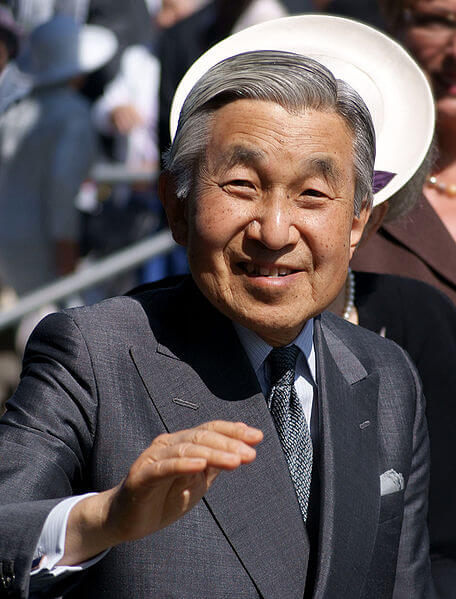
The 77-year-old emperor’s taped television address is especially significant because it marks the first ever in his reign. Akihito ruled during the 1995 earthquake in Kobe that killed 6,500, but did not take to the airwaves to address the nation.
Akihito’s remarks were also his first public comments since the 8.9 magnitude earthquake and tsunami devastated part of his country on Friday. Akihito called the situation at the plant “unpredictable” in the wake of radiation levels surging, forcing 70 workers off site on Tuesday.
“I am deeply hurt by the grievous situation in the affected areas,” Akihito said, noting the disaster’s “unprecedented scale.” “I hope from the bottom of my heart that the people will, hand in hand, treat each other with compassion and overcome these difficult times.”
The situation in Japan is unstable. A containment vessel in a second reactor unit may have ruptured. Authorities announced the unit could be releasing radiation. Hong Kong officials are now monitoring radiation levels, though reports are so far normal in southern China.
Japan also experienced violent aftershocks on Wednesday. According to the United States Geological Survey, 54 earthquakes hit Japan by mid-afternoon—and four of them ranked higher than magnitude 6.
Japan officials have confirmed more than 3,600 people dead and another 7,800 missing. About 440,000 people have been displaced from their homes. Food, water and fuel shortages, as well a cold weather front, are making conditions there worse.
Thirteen nations have sent in rescue teams, which continue searching for survivors. And Christian groups like Operation Blessing and Samaritan’s Purse are on the ground. Stay tuned for updates from Christian groups on the ground in Japan.











































